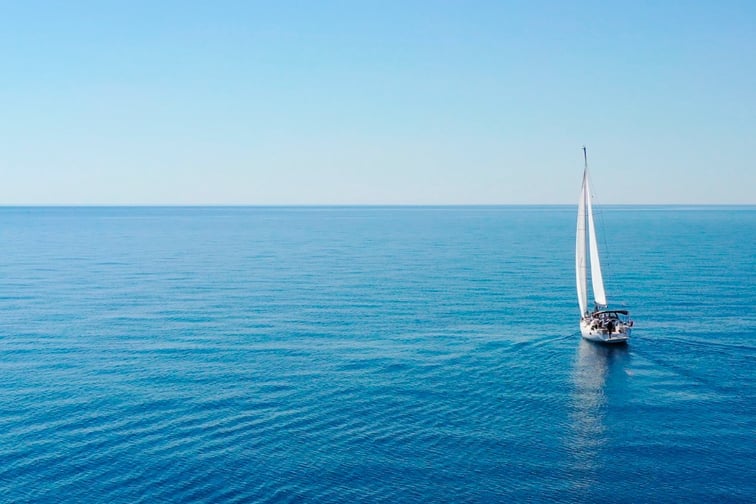He underscores a “business as usual” attitude for the segment
Marine
By
Kenneth Araullo
Commencing the annual conference of the International Union of Marine Insurance (IUMI) in Edinburgh, Scotland, president Frédéric Denèfle elaborated on the conference’s central theme, “strength and stability in turbulent seas.”
In addressing the prevailing turbulence, Denèfle started by delineating what essentially constitutes “business as usual” for marine underwriters in the segment. Denèfle said that the industry is used to managing a variety of casualties and losses, be it natural catastrophes or geopolitical strife, citing the war in Ukraine as a critical example.
“Marine insurers actively supported the creation of the original grain corridor to ensure that Ukrainian exports could still continue. Now that agreement has broken down, marine insurers are in discussions with the Ukrainian government to provide cover for the vessels moving Ukrainian cargoes,” he said.
Expanding on the theme of turbulence, Denèfle also explained how fragmentation was presenting additional challenges. From a trade perspective, the pandemic had shed light on various strategic dependencies, resulted in a global reduction in demand, and encouraged a shift of activity closer to the consumer.
On the legal front, shipping and insurance were increasingly subjected to heightened sanctions and local green regulations, such as restrictions on registering vessels above a certain age in specific jurisdictions. As the unified body for marine insurers, IUMI has collaborated with different authorities and regulators to support the industry and underwriters.
Inflation, instigated by the pandemic and the conflict in Ukraine, was already manifesting in increased claims costs, the necessity to assume more risk as asset values surged, and a growing demand for capacity in the market. Coupled with this, a broader technological shift towards clean energy, clean propulsion, and autonomous vessels was creating further “turbulence.”
Despite these challenges, the president said that IUMI embraced all new technologies and climate change reduction measures, standing ready to facilitate their integration. Although the marine insurance market was undergoing a state of transformation, Denèfle also expressed confidence in its ability to adapt.
“As the world’s oldest insurance business, our sector has demonstrated its ability to flex to new needs and conditions, both market and macro-economic. I foresee a return to dedicated, experienced teams; a heightened reliance on intelligence and data systems to anticipate the consequences of geopolitical uncertainty; the emergence of local teams underwriting local business in their own areas to challenge fragmentation; an adjustment of market capacities and pricing to fight inflation pressures; and the creation of specialist teams to fully understand the implications of new technologies. Of course, much of this is already happening,” Denèfle said.
Shifting focus to IUMI itself, Denèfle also seized the opportunity to underscore the association’s significant progress in recent years, including the transformations since 1979 when the conference was last hosted in Edinburgh.
“During my first full year as president, I have come to understand that marine underwriters face a range of complex issues but that they share common risks and don’t operate in isolation,” he said. “As a community, we must invest in our collective future. Our business is not well understood and so we must draw on IUMI to bring us together, to provide a common voice and a unified path ahead. With that in mind, our 2030 strategy will lead us to become a stronger and ever-relevant association operating within a larger community of members and partners.”
What are your thoughts on this story? Please feel free to share your comments below.
Related Stories
Keep up with the latest news and events
Join our mailing list, it’s free!












